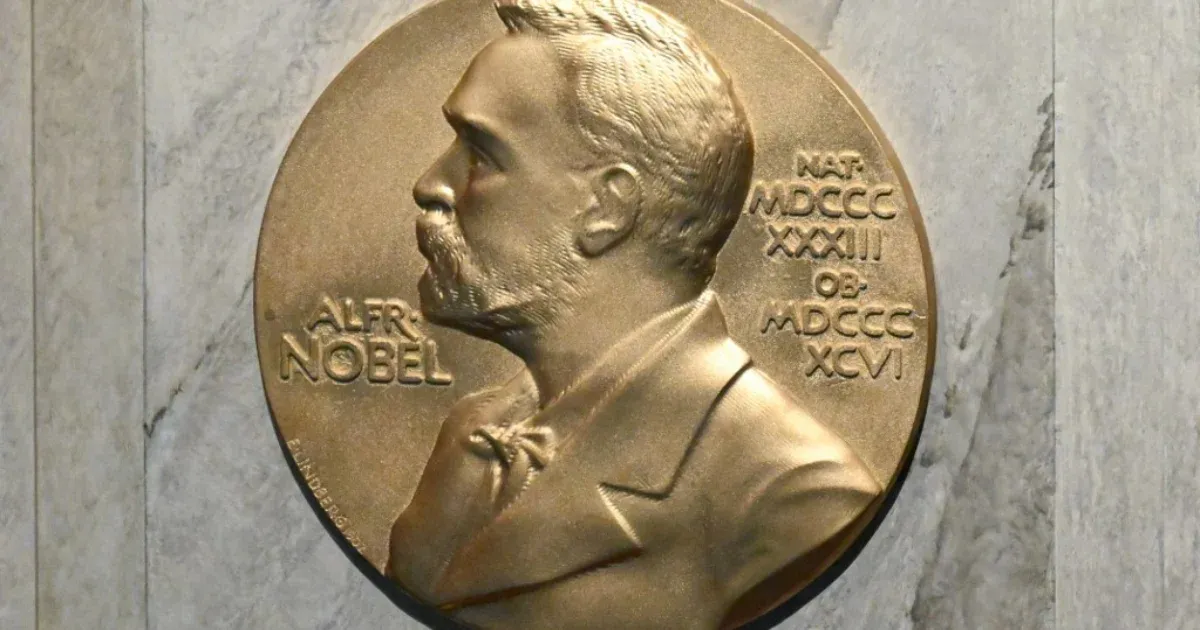October 1, 2023 – 5:53 pm
Researchers at Stanford University do so It has been investigatedWhat impact does the Nobel Prize and MacArthur Grant, also known as the Genius Award, have on the productivity of scientists? It turns out that based on the number of publications and citations, researchers are not working more at all, and in many cases actually working less than they did before winning the awards. Writes The New York Times.
The researchers also studied how scientists’ age was related to their productivity. Nobel laureates are usually older, while MacArthur Fellows are younger and early in their careers.
Nobel laureates typically publish the same number of studies before winning the prize as they do afterward, but the impact of their writings has been smaller and they have been cited less by other researchers. MacArthur Fellows published more after the award, but their citation rate remained the same as before the award. For both Nobel laureates and MacArthur Fellows, the proportion of citations per paper decreased after winning.
For winners aged 42 or older, the number of post-win citations and publications also decreased. Winners who were 41 or younger published more and were cited more, which researchers say suggests age played a role in the laureates’ academic productivity.
Of course, this does not mean that Nobel laureates and MacArthur Fellows are lagging behind. There may be several reasons why these two factors (monographs and citations) developed in this way after the award. In the case of Nobel laureates, for example, participants often feel they have reached the pinnacle of a particular field of science and try something else instead. This leads to a slight decrease in the publication rate, but after about 3 years the effect disappears.












































